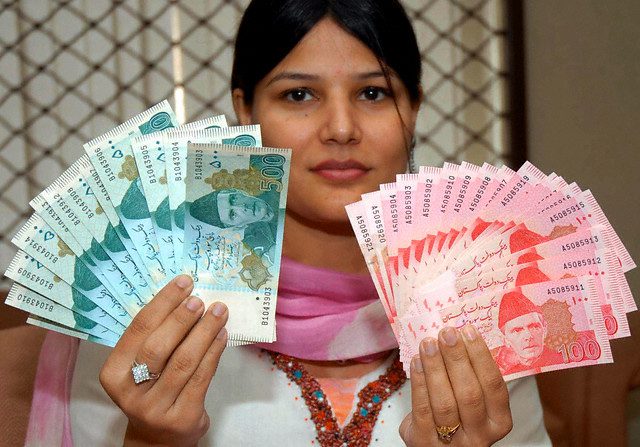In Pakistan’s cultural landscape, traditional gender roles still weave a complex pattern, often leaving women on the fringes of financial decision-making. However, in the face of these challenges, the call for financial literacy among women is gaining momentum as a powerful tool for dismantling barriers and building both wealth and security.
Pakistan, like many societies, has been shaped by traditional gender norms that often confine women to domestic roles. In such an environment, financial literacy becomes a beacon of empowerment, providing women with the knowledge and skills to navigate the intricacies of personal finance, investment, and economic independence.

One of the primary challenges women face in Pakistan is limited access to education and employment opportunities, which in turn impacts their financial autonomy. Financial literacy acts as a catalyst, breaking the cycle of dependency by equipping women with the tools to make informed decisions about their money. From budgeting and saving to understanding investment options, financial literacy becomes a pathway to economic empowerment.
Navigating the patriarchal landscape of Pakistan, where women’s contributions to the workforce are often undervalued, financial literacy becomes a form of resistance. It challenges the traditional narrative that confines women to the role of financial dependents and encourages them to take charge of their economic destinies.
Understanding the intricacies of financial planning allows women to participate actively in household financial decisions, moving beyond traditional gender roles. This shift not only benefits individual women but contributes to reshaping societal norms around gender and money. As women gain confidence in managing their finances, they become agents of change, challenging the status quo and inspiring others to follow suit.
In a country where women’s financial inclusion is often hampered by cultural and social norms, financial literacy becomes a bridge to economic participation. Banks and financial institutions play a pivotal role in this process by designing inclusive financial products and services that cater to the specific needs of women. From accessible savings accounts to investment opportunities tailored for beginners, these initiatives contribute to creating a more inclusive financial landscape.
Moreover, financial literacy serves as a shield against economic vulnerabilities. In a society where divorce or widowhood can lead to financial instability for women, understanding financial planning and having the skills to navigate economic challenges becomes crucial. Financially literate women are better equipped to weather financial storms, ensuring a more secure future for themselves and their families.
Educational initiatives aimed at promoting financial literacy among women in Pakistan should be prioritized. Workshops, seminars, and outreach programs can empower women with practical knowledge, demystifying complex financial concepts and building confidence in managing money. The inclusion of financial literacy in school curricula can also play a pivotal role in fostering a culture of economic empowerment from a young age.
To truly transform the financial landscape for women in Pakistan, a multi-faceted approach is necessary. This includes dismantling legal barriers that may impede women’s financial independence, promoting workplace equality, and fostering a cultural shift towards recognizing and valuing women’s economic contributions.

In conclusion, financial literacy emerges as a beacon of empowerment for women in Pakistan, challenging traditional gender roles and fostering economic independence. As women gain the knowledge and skills to navigate the financial landscape, they become architects of their financial destinies, contributing to a more inclusive and equitable society. The journey toward financial literacy is not just about money; it’s about dismantling barriers, fostering independence, and rewriting the narrative for women in Pakistan’s patriarchal context.














